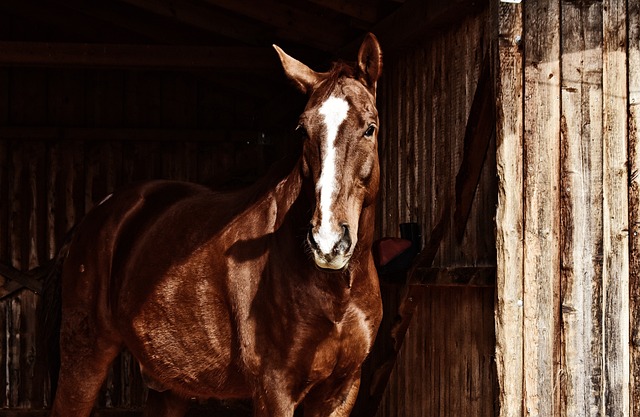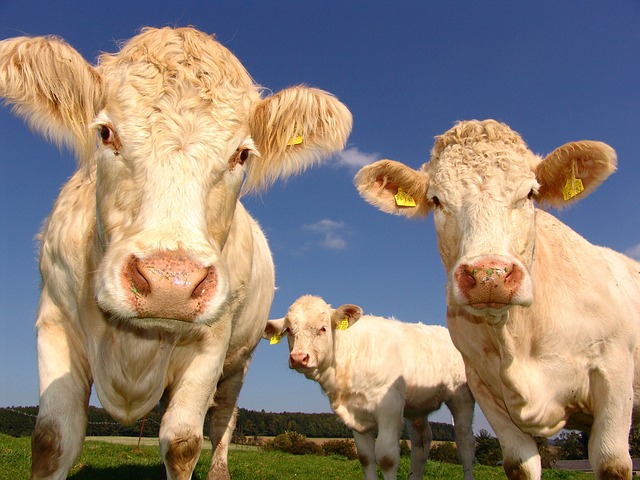
Sexual behavior problems
January 31, 2023
Fear and phobia
January 31, 2023“The Causes of Poor Performance in Horses: Orthopaedic, Cardiovascular, Respiratory, and Metabolic Diseases”
Horses are highly athletic creatures that require a combination of strength, agility, and endurance to perform at their best. Whether it is competing in a race, jumping in a show, or performing in a rodeo, horses are expected to deliver their best performance. However, sometimes horses fail to attain the desired level of performance and this can be due to various underlying conditions.
One of the most common causes of poor performance in horses is orthopaedic problems. Orthopaedic issues refer to problems with the bones, joints, and muscles of a horse. Common orthopaedic problems in horses include arthritis, fractures, and soft tissue injuries such as sprains and strains. These conditions can cause pain and discomfort, making it difficult for horses to perform at their best.
Cardiovascular diseases can also play a role in poor performance in horses. Horses have a highly developed cardiovascular system that helps them meet the demands of athletic performance. However, when this system is compromised due to a cardiovascular disease, the horse’s performance can suffer. Some common cardiovascular diseases in horses include heart conditions, such as arrhythmias and heart murmurs, and problems with the blood vessels that supply the heart.
Respiratory diseases are another common cause of poor performance in horses. The respiratory system is essential for delivering oxygen to the horse’s muscles, allowing them to perform at their best. When the respiratory system is compromised, horses can experience shortness of breath, difficulty breathing, and coughing. This can result in poor performance and reduced endurance.
Metabolic diseases can also contribute to poor performance in horses. These diseases affect the way the horse’s body processes nutrients, leading to a variety of symptoms that can impact performance. Some common metabolic diseases in horses include liver and kidney problems, hormone imbalances, and electrolyte imbalances.
In conclusion, poor performance in horses can be caused by a variety of underlying conditions, including orthopaedic, cardiovascular, respiratory, and metabolic diseases. If you suspect that your horse is suffering from any of these conditions, it is important to consult a veterinarian to determine the best course of action. With proper diagnosis and treatment, horses can be helped to perform at their best, regardless of the underlying conditions that may be affecting their performance.




